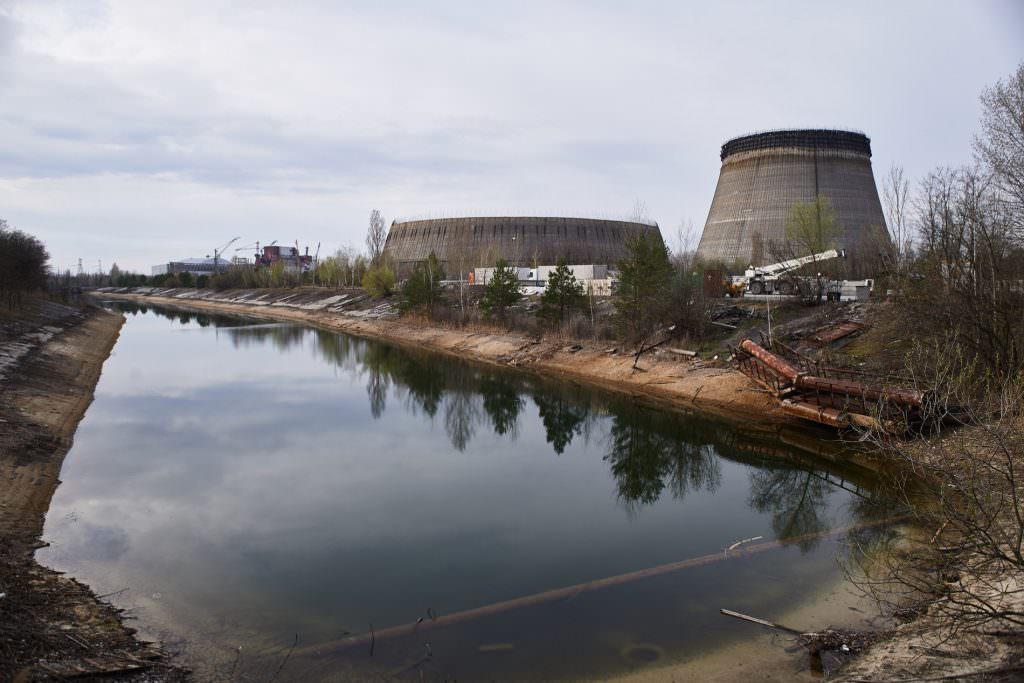
Developers working on the privacy-oriented cryptocurrency zcash have employed nuclear waste from Chernobyl in the network’s latest secrecy-assuring ceremony.
The devs, Ryan Pierce and Andrew Miller, held their latest “Powers of Tau” ceremony last weekend, and notably used the nuclear waste to generate random numbers.
Miller said:
“Powers of Tau is all about generating and safely disposing of cryptographic ‘toxic waste.’ So, what better way to generate entropy than with actual radioactive toxic waste?”
To ensure the event’s privacy, it took place at 3,000 feet above sea level on a small private aircraft in the airspace above Illinois and Wisconsin, wrote Miller on a mailing list when describing the procedure.
Miller said a radioactive graphite moderator acted as the source for low-level gamma and beta radiation. The graphite was sourced from the core of the Chernobyl nuclear facility, which suffered a catastrophic meltdown in 1986. A Geiger tube connected to a number generator converted radioactive pulses into digits, which were then incorporated into the code.
“The entropy source was a hardware-based random number generator utilizing a Geiger tube and a radioactive source, constructed and programmed by Ryan Pierce,” Miller said.
The graphite emitted very low levels of radiation, “falling substantially below all thresholds that might restrict its transportation by air, and posting no health risk,” according to Miller. In fact, the amount of radiation emitted is only a few times the level of background radiation that people receive on Earth, Pierce said in a video describing the experiment.
During the ceremony, the developers extreme measures to ensure malicious actors cannot possibly compromise the code during the process – the reason, in this case, for the aircraft flight. Further, to ensure the radioactive source was producing genuinely random pulses, Pierce and Miller attached a battery to their data collector to compare.
These measures, also extend to destroying all the computers used to build the code – or at least the parts of the software the developers utilize for the process.
The result is, in theory, a completely random, private piece of code with which to build zcash.
Disclosure: CoinDesk is a subsidiary of Digital Currency Group, which has an ownership stake in Zcash Company, the for-profit entity that develops the zcash protocol.
Chernobyl image via Shutterstock
The leader in blockchain news, CoinDesk is an independent media outlet that strives for the highest journalistic standards and abides by a strict set of editorial policies. Have breaking news or a story tip to send to our journalists? Contact us at news@coindesk.com.
